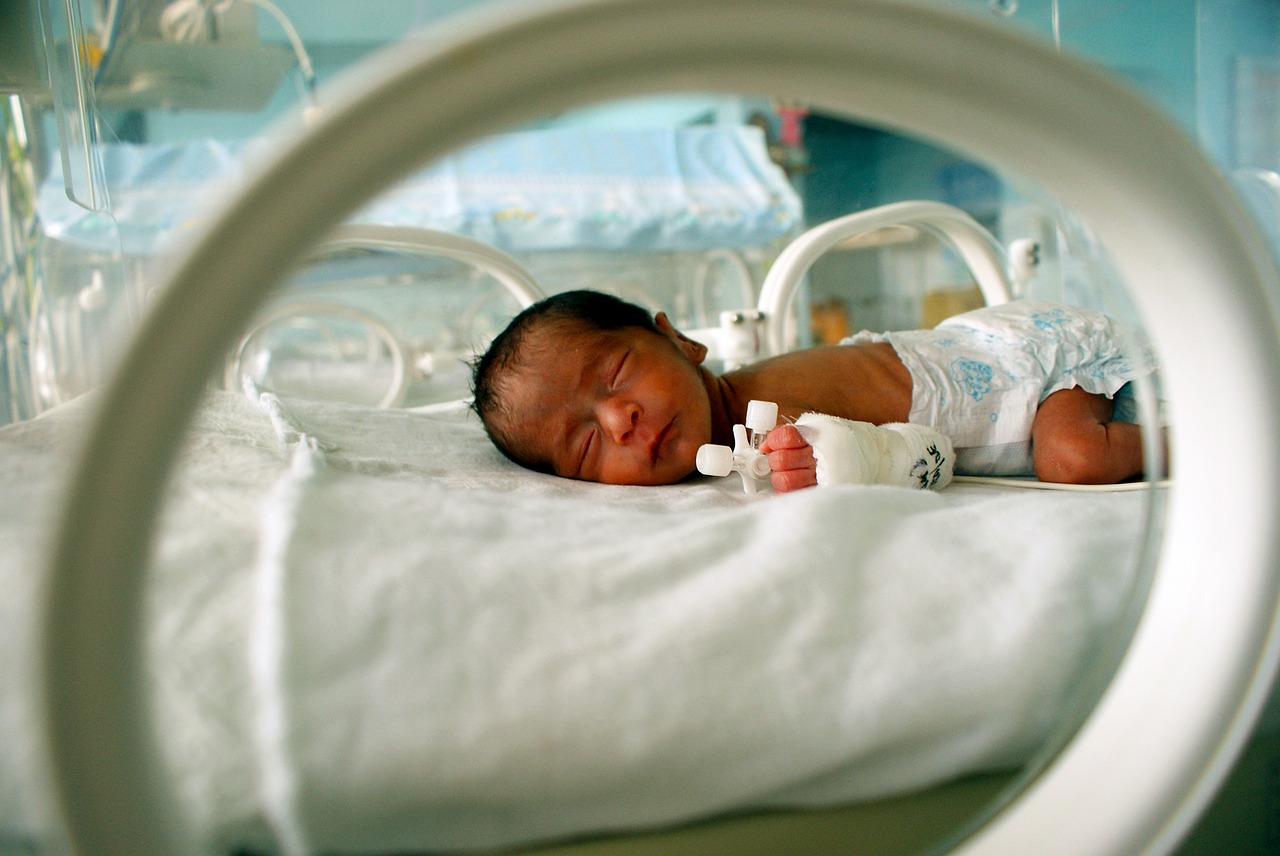The ethical situation that comes to mind this week is religious ethics. This theory focuses on religion, which is depicted by the parent’s upbringing and the older family members typically. One particular faith, Jehovah’s Witness, does not allow for blood transfusions. This is very important when you have a baby in the NICU (Neonatal Intensive Care Unit) that is in need of the transfusion and the parent will not consent. The treating neonatologist will need to get a court order to do the transfusions. In an extreme emergency, if two doctors sign off that it is an emergency, then the baby will receive the transfusions while they await the court order. As a parent of a premature baby myself, I could not imagine not doing everything I could to save my child. But in this case, the religious code of ethics is based on the upbringing of the parent (Denisco & Barker, 2012).
The parent refusing to allow treatment of transfusions to their baby would be a hindrance to the baby’s care, while at the same time as nurses we are trying to promote a family-centered type of care involving the caregivers in the decision making and treatment (Meadow, Feudtner, Matheny Antommaria, Sommer, & Lantos, 2010). When my baby was in the level 3 critical NICU, they had open rooms, because the babies were too critical to be in closed rooms. I watched a baby in front of us get sicker by the day and hearing the nurses and the doctors speak about the need for a blood transfusion and other treatments. By the time they gave the baby the blood transfusion, it was too late, and the baby was terminal. You as the parent are watching and hearing this because, in this type of critical setup, there is nothing between you and the next bed except a curtain and in front of you there is not a curtain. As a nurse I thought to myself, how can they be having this discussion right in the open this way? As a parent I thought, how can these parents watch their baby die? I thought about how those nurses felt and if I were the nurse in that situation, what would I have done?
With the use of religious ethics, we may not agree with the family, but as nurses, we need to respect the other person’s customs and beliefs as long as the baby is being taken care of and there is not a medical threat to the baby’s life. When I stop and think about the nurse manager that was supposed to be the example, all we heard from her was complaints about the parents and how ignorant they were. A part of me agreed, however, the nurse part of me, the part that is compassionate with the parents dealing with a decision they probably hate to make came out. I said to the manager, we are all very much entitled to our opinions and they may not be the views of our patients, but in this crisis, we just need to support the parents because the baby will receive a transfusion whether they agree or not by court order.
References
Denisco, S. M., & Barker, A. M. (2012). 25. Advanced practice nursing: Evolving rules for the transformation of the profession (2nd ed., pp. 569-581). Retrieved from https://campus.capella.edu/web/library/home
Meadow, W., Feduter, C., & Matheny-Antomennaria, A. H. (2012, April 13, 2010). A premature infant with necrotizing enetrosoliteis. Special Articles-Ethics rounds. http://dx.doi.org/10.1542/peds.2010-0079

